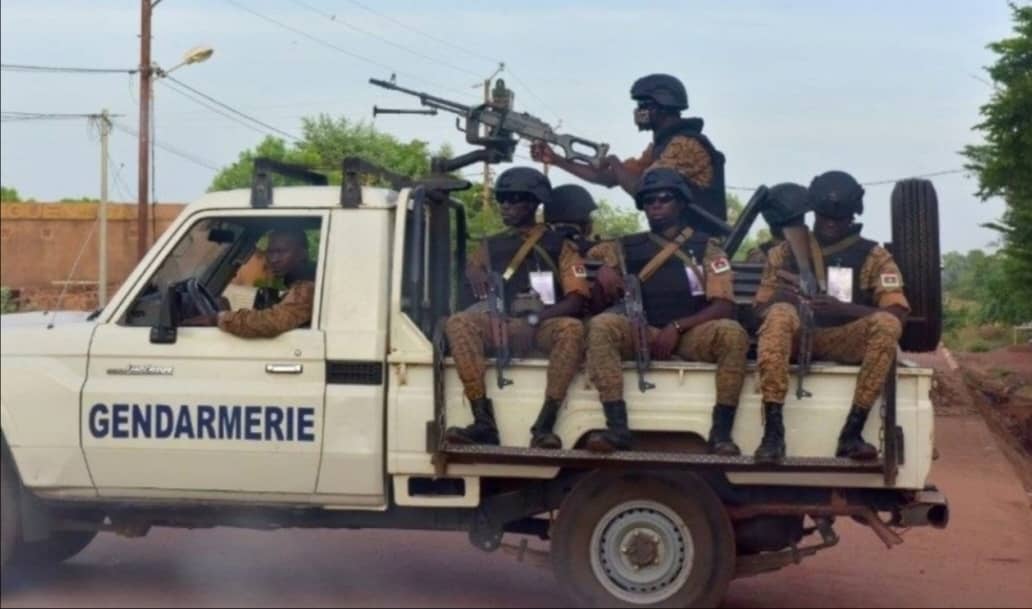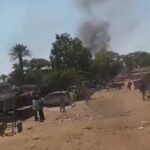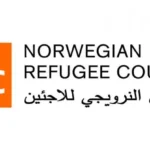Darfur follow-ups: Burkina Faso
The Burkina Faso army announced that it, in cooperation with Malian forces, killed about 100 militants in operations carried out by its members in the “Biba” region in the northwest of the country, according to what Burkinabe security sources confirmed.
According to the country’s official news agency, based on security sources, the gunmen headed in their hundreds to the “Biba” area to spread terror there, but the combat forces and the Burkinabe and Malian air intervention enabled them to eliminate the criminals and their weapons.”
According to the same source, aerial photographs of the Burkinabe Air Force “show bodies and destroyed vehicles” on the battlefield, explaining that operations “continue in towns and on other fronts.”
According to the country’s official news agency, based on security sources, the militants headed in their hundreds to the “Piba” area to spread terror there, but the combat forces and the Burkinabe and Malian air intervention enabled them to eliminate the criminals and their weapons.
Since 2015, Burkina Faso has been suffering from attacks by armed groups affiliated with Al-Qaeda and ISIS, which left more than 16,000 civilians and soldiers dead, more than 5,000 of whom were killed during the current year, according to figures from a non-governmental organization.
In a related context, Amnesty International, in a new report, accused armed groups in Burkina Faso of committing war crimes, besieging civilians in several areas of the country, kidnapping especially women and girls, and attacks on infrastructure and supply convoys, which led to serious consequences on the humanitarian level.
The report, titled “Death Awaits Us: Living Under Siege in Burkina Faso,” condemns attacks on the rights of residents of besieged areas to cultivate their lands and raise their livestock, and limits their access to health care and education, which forced tens of thousands of people to flee their places of residence.
Samira Daoud, Director of Amnesty International’s Africa Program in West and Central Africa, said that armed groups have committed heinous human rights violations throughout Burkina Faso. “As the siege was imposed across the country, they killed thousands of civilians and destroyed civilian infrastructure, including bridges and water points.”
According to the report, “Armed groups attack supply convoys, disproportionately affecting civilians.” One in every 12 people has been forced to leave their homes due to armed conflict.
According to Amnesty International estimates, in July 2023, at least 46 districts were under siege by armed groups in Burkina Faso.
The organization stated that this strategy was used for the first time in 2019, but has become a feature of the conflict since 2022, and is characterized by the use of checkpoints on the main exit routes, planting explosive devices to limit traffic, and launching occasional attacks against civilians, soldiers, and supply convoys. This siege harms… About one million people.
An official at a civil society organization told Amnesty International: “Right now, every day, there are towns and villages under siege. The Arbinda region has been under siege since 2019, and the same applies today to the cities of Gorgadje, Sule, Mansilla and Titao, and the risks are real for the residents.
Amnesty International confirmed that armed groups are attacking residents in besieged villages, and this was the case in Madjuri (Kombinga District, Eastern Region), a town that has been besieged by “Ansar al-Islam” since February 2021.
On May 25, 2022, armed men attacked civilians from Tambarga and Madjuri during Their attempt to escape the siege to reach Nadiago. town in the province of Bama, killing at least 50 civilians, all men.
The study indicates that in January 2023, 66 women, girls and newborn children were kidnapped near the besieged village of Lekki in the Arbinda municipality, while they were picking wild fruits and legumes.
The report indicated that members of armed groups prevented residents of the besieged towns from cultivating their lands and raising their livestock, which greatly harmed food security and livelihoods in these areas.
The report also confirms that 373 medical centers have been closed due to the conflict since June 2023, a situation that complicates access to treatment for 3.5 million people. In the Sahel region, more than 86 centers were forced to close their doors, depriving 964,000 people of treatment.








